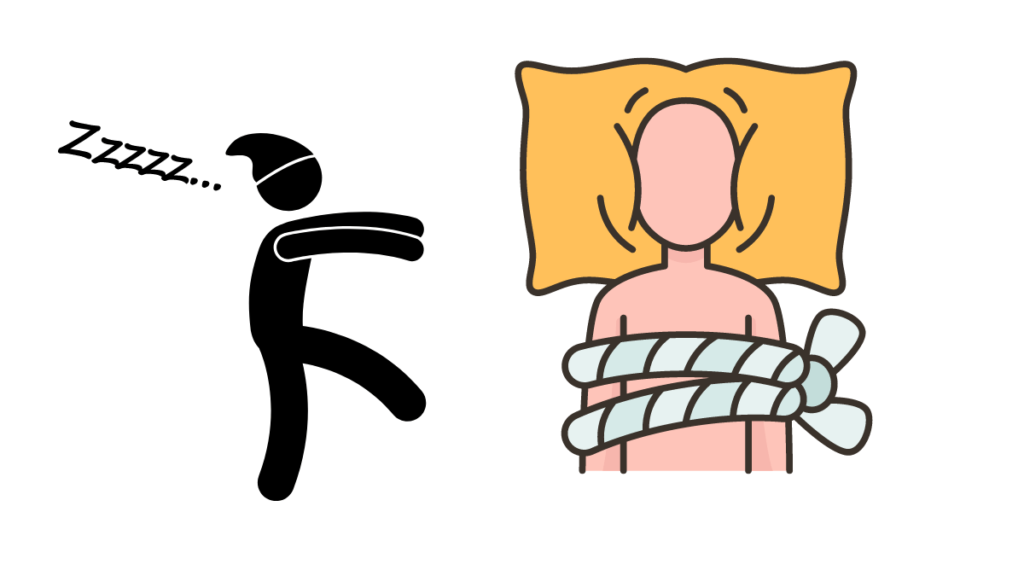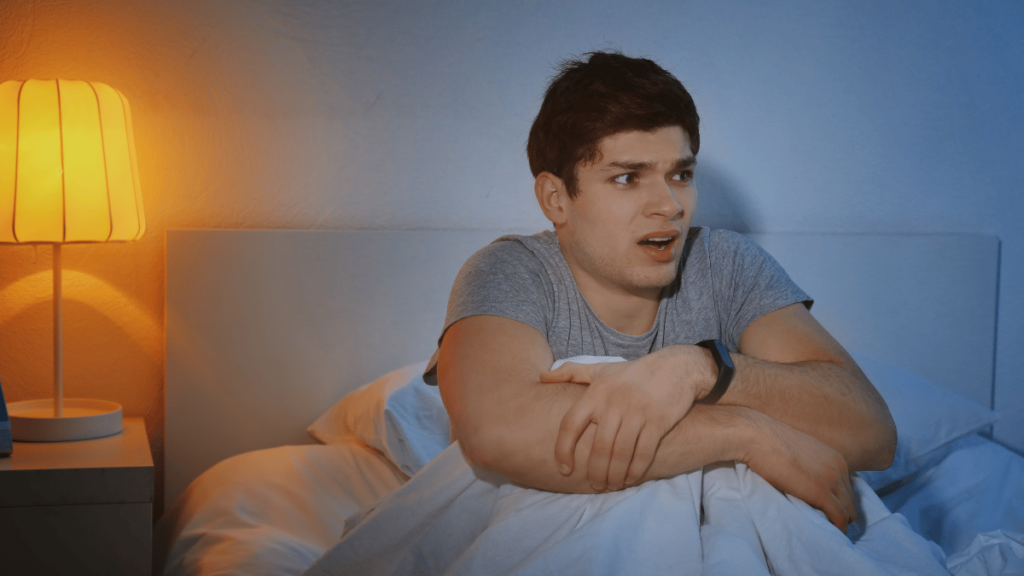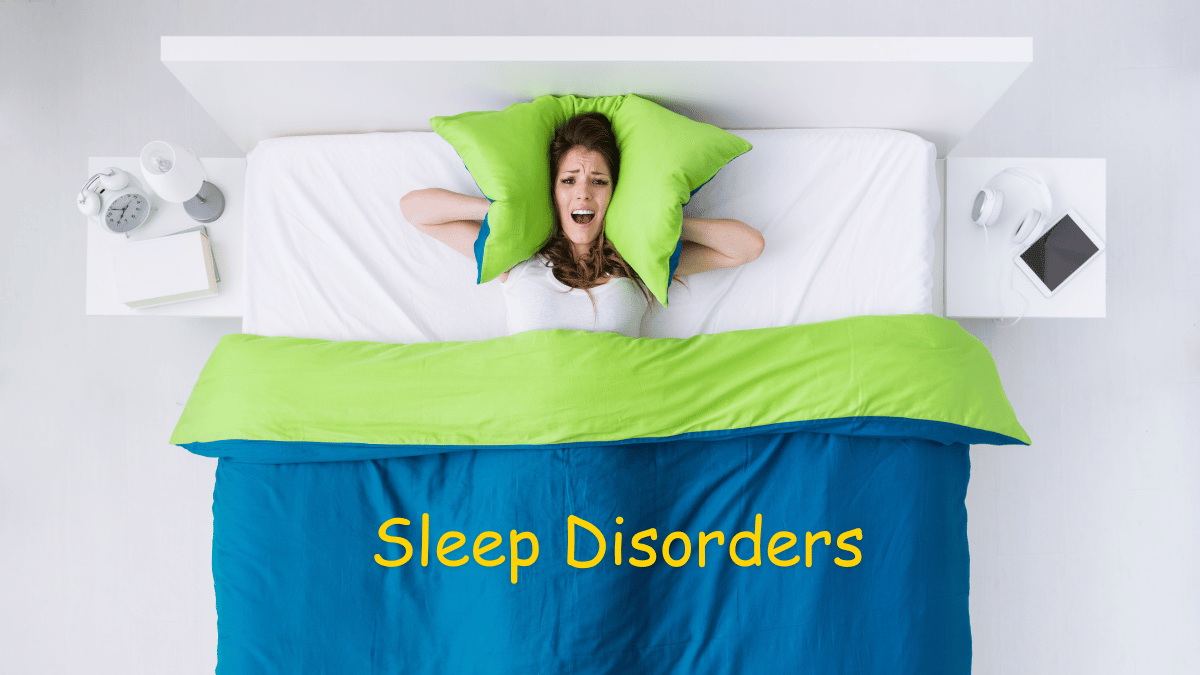Overview of Medications for Sleep Disorders
Prescription Medications
Prescription medications for sleep disorders are often used when over-the-counter options or lifestyle changes aren’t sufficient. Benzodiazepines, such as Diazepam (Valium) and Lorazepam (Ativan), are sometimes prescribed for short-term use to address insomnia, especially when anxiety is a contributing factor. However, they carry risks of dependence and tolerance, so they are not typically recommended for long-term use.
Non-benzodiazepine sleep aids, like Zolpidem (Ambien) and Eszopiclone (Lunesta), are alternatives that generally have a lower risk of addiction. These medications are designed to help individuals fall asleep or stay asleep but can come with side effects like dizziness and daytime drowsiness.
Melatonin receptor agonists, such as Ramelteon (Rozerem), work by mimicking the natural sleep-regulating hormone melatonin. This class of medication is useful for adjusting the sleep-wake cycle and is usually well-tolerated with fewer side effects.
Antidepressants like Trazodone and Doxepin (Silenor) are sometimes prescribed for insomnia, particularly when it occurs alongside depression or anxiety. While they can help with sleep, they also carry the risk of additional side effects related to their antidepressant properties.
Antihistamines available by prescription, such as Hydroxyzine, may also be used for their sedative properties, though they are less commonly prescribed compared to other sleep aids.
Over-the-Counter (OTC) Medications
Over-the-counter sleep aids are often the first step for individuals experiencing occasional sleep problems. Antihistamines like Diphenhydramine (Benadryl) and Doxylamine (Unisom) are commonly used due to their sedative effects. While they can help with falling asleep, they might cause daytime drowsiness and are not recommended for long-term use due to the risk of developing tolerance and other side effects.
Melatonin supplements are widely used to help regulate sleep-wake cycles. They are particularly useful for managing jet lag or adjusting to shift work. The effectiveness of melatonin can vary based on dosage and timing, but it is generally considered safe for short-term use.
Valerian root is another OTC option, used for its calming effects and potential to improve sleep quality. While some people find it beneficial, the scientific evidence supporting its effectiveness is mixed. Potential side effects include headaches and digestive issues.

Natural and Herbal Supplements
Natural and herbal supplements offer alternative approaches to improving sleep and are often used by those looking for non-pharmaceutical options. Melatonin, as a supplement, helps to regulate the body’s internal clock and is commonly used to address sleep onset issues. It’s generally safe for short-term use but should be used with attention to dosage and timing.
Valerian root is an herbal remedy that has been traditionally used to promote relaxation and improve sleep. Some evidence suggests it may be effective, although results can vary, and side effects like digestive upset might occur.
Chamomile is often consumed as a tea and is believed to have mild sedative properties. It’s generally considered safe and may help with relaxation and improving sleep quality.
Lavender is used in aromatherapy and as a supplement for its calming effects. While some studies suggest it may aid in improving sleep, it can cause allergic reactions in certain individuals.
Passionflower is another herbal supplement known for its calming effects. It is sometimes used to treat insomnia, with some evidence supporting its effectiveness for anxiety and sleep issues. It is generally safe but should be used with caution, especially if taking other medications.
Magnesium and calcium supplements are sometimes used to support sleep quality, particularly if there are deficiencies. They are generally safe but should be used under the guidance of a healthcare provider to ensure proper dosage and avoid interactions with other medications.
Prescription Medications
Benzodiazepines are a class of medications frequently used for sleep disorders, especially when anxiety plays a significant role. They function by enhancing the action of gamma-aminobutyric acid (GABA), a neurotransmitter that inhibits brain activity, thereby inducing a calming effect. Common examples include Diazepam (Valium), Lorazepam (Ativan), and Temazepam (Restoril).
While effective in the short term, benzodiazepines can lead to side effects such as drowsiness, dizziness, and impaired coordination. Their long-term use is problematic due to risks of dependence, tolerance, and cognitive impairment, making them less suitable for extended treatment.
Non-benzodiazepine hypnotics, often referred to as Z-drugs, offer an alternative to benzodiazepines with a reduced risk of dependence. These medications, such as Zolpidem (Ambien), Eszopiclone (Lunesta), and Zaleplon (Sonata), act on GABA receptors with greater selectivity.
They are designed to aid in falling or staying asleep without some of the risks associated with benzodiazepines. However, they are not without side effects, which may include dizziness, daytime drowsiness, and unusual sleep behaviors such as sleepwalking.
Antidepressants are sometimes prescribed for sleep disorders, particularly when they are associated with depression or anxiety. These medications, like Trazodone and Doxepin (Silenor), work by altering levels of neurotransmitters such as serotonin and norepinephrine, which can improve mood and facilitate sleep.
Although they can be effective, they come with potential side effects including drowsiness, dry mouth, constipation, and in some cases, more serious risks like serotonin syndrome or sexual dysfunction.
Antihistamines, generally used for allergies, also have sedative properties that can be beneficial for sleep. Medications like Hydroxyzine and Diphenhydramine (Benadryl) can help induce sleep by blocking histamine receptors that promote wakefulness.
Despite their usefulness, antihistamines can cause side effects like dry mouth, blurred vision, and urinary retention. Chronic use might lead to tolerance and cognitive effects, making them a less ideal option for long-term management.
Over-the-Counter (OTC) Medications

Melatonin supplements are a popular OTC option for managing sleep issues. Melatonin is a hormone that regulates the sleep-wake cycle, and supplements can help signal to the body that it is time to sleep. Typically, melatonin is taken in doses ranging from 0.5 to 5 milligrams about 30 minutes before bedtime.
It is generally considered safe, though some may experience side effects such as dizziness, headaches, or gastrointestinal discomfort.
Diphenhydramine and other OTC antihistamines are often used for their sedative effects. Diphenhydramine (found in Benadryl) and similar drugs can help with short-term sleep issues by inducing drowsiness through histamine receptor blockade. Recommended dosages are usually between 25 to 50 milligrams taken shortly before bed.
While effective, these antihistamines can cause side effects including daytime drowsiness, dry mouth, and blurred vision. Long-term use may lead to tolerance and potential cognitive effects.
Natural and Herbal Supplements
Valerian root is an herbal supplement used to improve sleep quality and promote relaxation. It is believed to work by increasing levels of GABA in the brain, much like benzodiazepines but through natural means. Common dosages range from 400 to 900 milligrams, taken before bedtime. Valerian root can cause side effects such as headaches, dizziness, and digestive upset, though it is generally well-tolerated.
Chamomile, commonly consumed as a tea, is another natural remedy for promoting sleep. It contains antioxidants that might have mild sedative effects. Drinking chamomile tea about 30 minutes to an hour before bed is a common practice. Side effects are rare but can include allergic reactions in individuals sensitive to plants in the daisy family.
CBD oil, derived from hemp, has gained popularity for its potential sleep benefits. It interacts with the body’s endocannabinoid system, which can influence various physiological processes including sleep. Dosages typically start between 10 and 25 milligrams before bedtime.
While generally considered safe, CBD oil can cause side effects such as dry mouth, changes in appetite, and diarrhea. It’s also important to be aware of potential interactions with other medications.
Choosing the Right Medication
Selecting the right treatment for sleep disorders involves considering several factors including the specific sleep problem, any underlying health conditions, and the potential for side effects or dependence. Consulting with a healthcare provider is crucial to ensure that the chosen treatment is appropriate and to manage any potential risks.
Additionally, exploring non-pharmacological approaches such as cognitive-behavioral therapy for insomnia (CBT-I) or improving sleep hygiene can be effective and reduce reliance on medications.
Managing Side Effects and Risks
Managing side effects and risks involves using medications and supplements as directed and regularly reviewing their effectiveness and any adverse effects with a healthcare provider. Adjustments to dosage or switching to alternative treatments may be necessary based on individual response. Incorporating lifestyle changes and non-pharmacological strategies can also help minimize reliance on medications and improve overall sleep quality.
Conclusion
Medications for sleep disorders play a critical role in managing various conditions that disrupt restful sleep. From prescription drugs like benzodiazepines and non-benzodiazepine sleep aids to over-the-counter options such as antihistamines, these treatments can offer significant relief for individuals struggling with insomnia, sleep apnea, restless legs syndrome, and other sleep-related issues.
However, it’s essential to approach these medications with caution, considering potential side effects, interactions, and the importance of using them under medical supervision.
While medications can be effective, they are often most beneficial when combined with behavioral therapies and lifestyle changes.
Sleep hygiene practices, cognitive behavioral therapy for insomnia (CBT-I), and lifestyle adjustments can enhance the overall effectiveness of pharmacological treatments and help address the root causes of sleep disorders.



